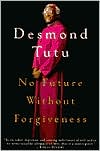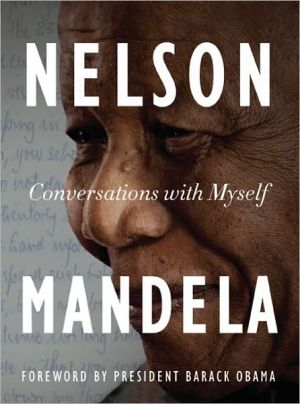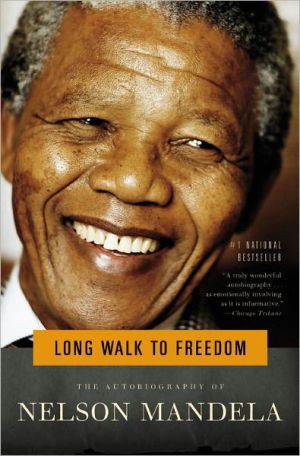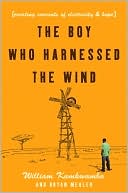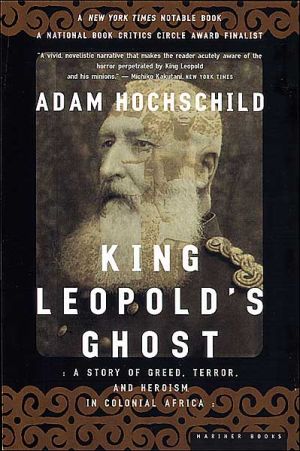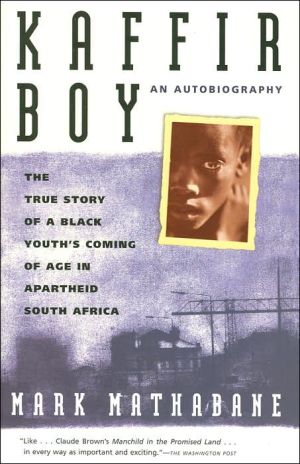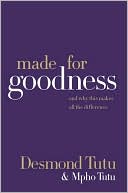No Future Without Forgiveness
Search in google:
The establishment of South Africa's Truth and Reconciliation Commission was a pioneering international event. Never had any country sought to move forward from despotism to democracy both by exposing the atrocities committed in the past and achieving reconciliation with its former oppressors. At the center of this unprecedented attempt at healing a nation has been Archbishop Desmond Tutu, whom President Nelson Mandela named as Chairman of the Truth and Reconciliation Commission. With the final report of the Commission just published, Archbishop Tutu offers his reflections on the profound wisdom he has gained by helping usher South Africa through this painful experience.In No Future Without Forgiveness, Tutu argues that true reconciliation cannot be achieved by denying the past. But nor is it easy to reconcile when a nation "looks the beast in the eye." Rather than repeat platitudes about forgiveness, he presents a bold spirituality that recognizes the horrors people can inflict upon one another, and yet retains a sense of idealism about reconciliation. With a clarity of pitch born out of decades of experience, Tutu shows readers how to move forward with honesty and compassion to build a newer and more humane world. Publishers Weekly This insightful book about South Africa's healing process is no simple feel-good tale. In 1995, Tutu was looking forward to a well-earned retirement from his role as Anglican Archbishop of Cape Town. He had given his life to the antiapartheid struggle and had spoken the truth to those in power so many times that, in 1984, he received the Nobel Peace Prize. Still, in 1996, President Mandela and others prevailed upon him to postpone retirement's pleasures to give South Africa one more thing: his leadership as chairman of the Truth and Reconciliation Commission. Tutu speaks frankly of this call, of the struggle that preceded it and of the betrayals and jubilations of this unique commission. The TRC's work was unprecedented not only in its emphasis on restorative over retributive justice but in the spirituality that permeated its work, the bulk of which constituted hearings from the "victims" and "perpetrators" of apartheid. Ubuntu, Tutu explains, is the African expression that was at the heart of the TRC's labors. Meaning something like "a person is a person through other people," ubuntu sums up Tutu's philosophical framework for addressing apartheid's hard truths and beginning the reconciliation process necessary to move beyond apartheid's legacy. Despite the occasional factual inconsistency and some clich s (the book seems hastily written), Tutu's wisdom and experience come through. Human rights, he affirms, cannot stand without ubuntu's deeper foundation; the future cannot be without forgiveness. (Oct.) Copyright 1999 Cahners Business Information.
